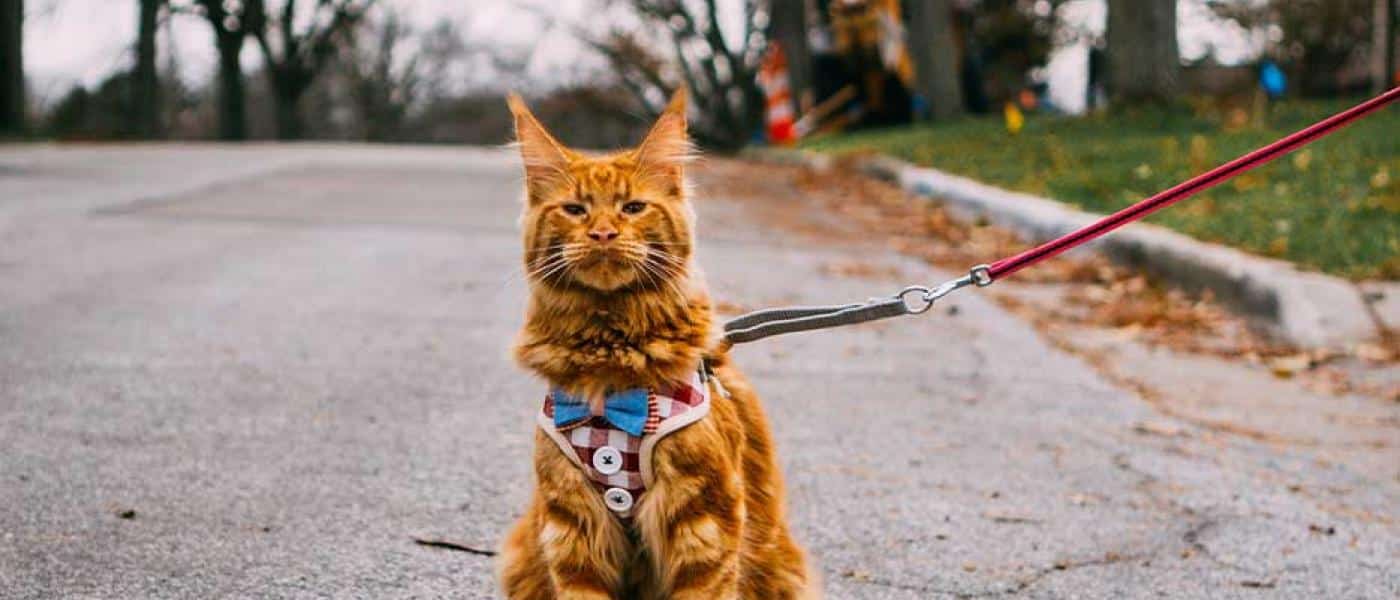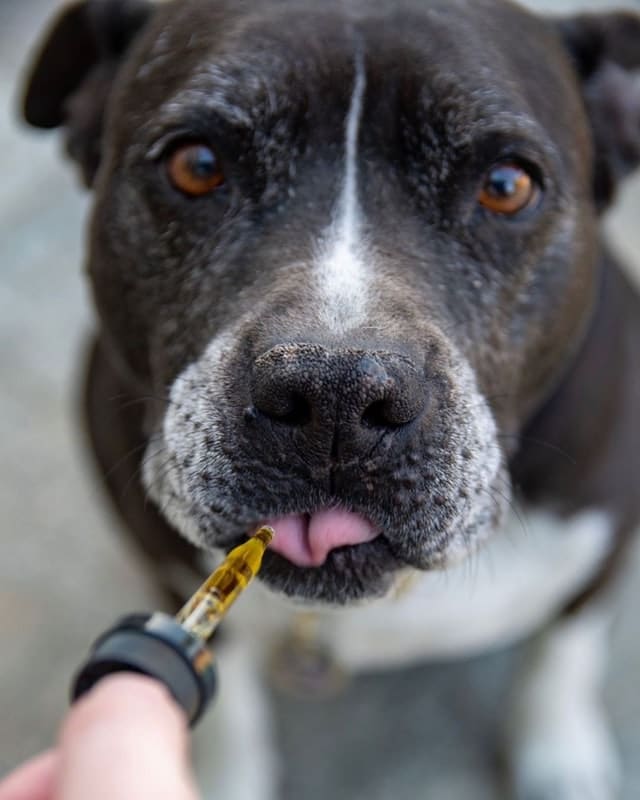Do you want to take your cat on walks but aren’t sure how to teach them to walk on a leash? If you’re a cat parent who is familiar with dogs, then you know that the rules for cat and dogs are as different as…well, cats and dogs. Cats are highly intuitive and primal; they also, as a general rule, don’t like to be told what to do. Despite this, cats can still be trained to walk on a leash; however, it takes a lot of patience and consistency from you.
1. Get Your Cat Comfortable with the Leash and Harness
The first tip for walking your cat on a leash is getting your cat comfortable wearing the harness and being on a leash. It’s recommended that you put the harness on your cat every day until your cat is so comfortable in the harness that they don’t even notice it. It’s suggested this could take several months.
It’s important, though, to go at your cat’s pace. It’s also recommended to give your cat lots of treats during this period. Reward your cat with cuddles and yummy treats to help them associate the harness with positive feelings.
Once your cat demonstrates they’re comfortable with the harness, start attaching the leash. Let your cat get used to the leash being on the harness. After that, practice walking your cat around your house.
2. Get Your Cat Accustomed to Being Outside
If your cat is exclusively indoors, then it’s recommended that you pick your harnessed and leashed cat up and set them just outside of the door threshold. You want to pick them up and set them down because if they get comfortable walking in and out, then they might start trying to make a break for it when the door is open in the future.
The new environment for exclusively indoor cats will be alarming at first. This practice may take a while before your cat is ready to venture further out. Keep your hand on the leash. Anything that startles or excites your cat could cause them to bolt, which could hurt you or your cat or cause them to get lost if you don’t have a good grip on the leash.
3. Train Your Cat to Lead the Way on a Leash!
When your cat is ready to walk, let your cat lead the way. Cats like to be in control. When you’re first walking your cat on a leash, it’s important to let them feel like they’re in control. This will help them grow in confidence and trust. As with conditioning them to tolerate the leash and harness and to step outside, reward them with lots of praise, cuddles, and cat treats during your ventures.
4. Prepare for Potential Crisis
Cats, even the most domesticated, can be skittish and can quickly default to a fight, flight, or freeze response if they sense a predator or prey. Walks outdoors can present a lot of triggers for cats from creatures they want to chase like birds or lizards to those they want to fight or flee from like dogs or other cats.
Importantly, it is very dangerous for you to try to pick up your cat when they are triggered. Your cat, no matter how friendly, when afraid will turn primal and will bite or scratch you because they are in a fear response.
Even though you’ll no doubt wisely try to walk your cat during calm and quiet times of day, you can’t predict every situation. The best way to be prepared for a crisis is to bring a cat carrier with you. If a potential issue arises and you detect your cat’s fear response settling in, you can put the carrier on the ground for your cat to retreat into.
Another way to prepare for crisis is to have a short and nonretractable leash for your cat. A long leash might give your cat too much leeway to jump over a fence or get into a potentially dangerous situation.
Preparing for crisis involves having a place for your cat to hide while also not giving your cat the option to make a break for it.
It’s definitely possible to train a cat to walk on a leash, but your cat has to be completely comfortable with the activity before you do so. It takes time and patience on your part. If you reward your cat throughout the process, though, they will eventually associate harnesses, leashes, and walks with happiness and you’ll eventually be walking your cat on a leash!
One of the most important aspects of training your cat to walk on a leash is to give them treats that they genuinely desire. Wellness Pet Food creates a wide variety of delicious natural cat treats optimally designed for your cat’s health and your cat’s enjoyment.













